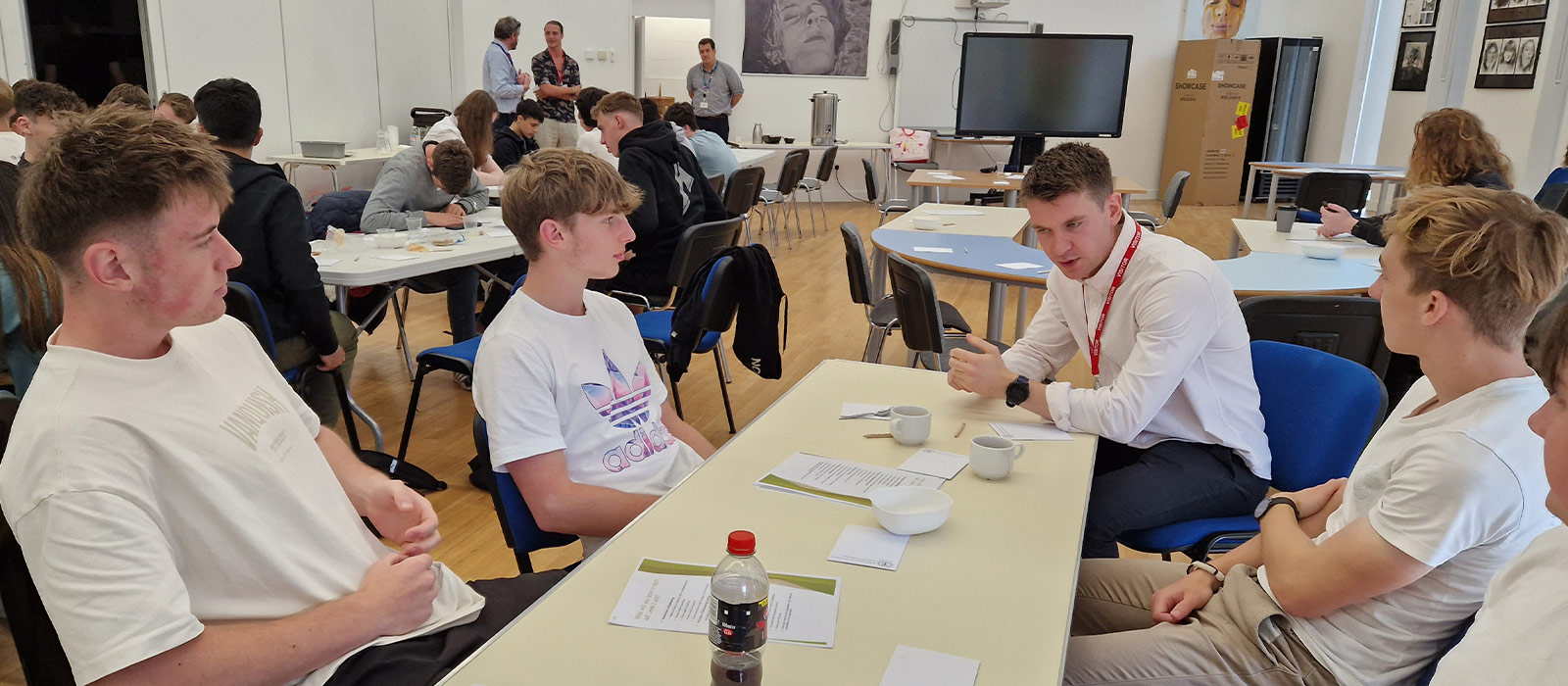Economics
At its core, Economics is the study of how individuals, groups, and nations manage and use resources. A Level Economics applies theory to support analysis of current economic problems and issues, encouraging students to appreciate the interrelationships between microeconomics and macroeconomics.
Both types of economics utilise historical trends and current conditions to inform business decision-making and make predictions of how markets will behave in the future.
To support students’ understanding of the subject, they have the opportunity to attend conferences and trips. Students who choose to study economics not only gain the skills needed to understand complex markets but come away with strong analytical and problem-solving skills, as well as the business acumen necessary to succeed in the professional world.
Sixth Form (Year 12-13)
Examination Board: AQA
Course Description
In A Level Economics students acquire knowledge and understanding of a selection of microeconomic models, such as demand and supply, perfect competition, monopoly, and how to apply these to current problems and issues. The course looks at decision-making in businesses and how behaviour is altered by the structure and characteristics of the industry in which they operate. Students will consider the operation of labour markets, wage determination and causes of inequalities in the distribution of income and wealth.
Economics covers developments in the UK economy in recent history and assesses the impact of external events on the UK. Students will study models demonstrating different aspects of how the macroeconomy works and analyse the assumptions upon which they are based and their limitations when used to make sense of real world phenomena. They will propose and evaluate possible solutions to real life macroeconomic problems and assess the effectiveness of current government policies, as well as considering alternative approaches.
Students attend conferences, such as the London Conference ‘The Post Pandemic, Post Brexit Guide to the UK Economy’ (Oct 23) and ‘It’s (still) the Economy, Stupid!’ with speakers such as Ed Balls, Hugh Pym and Tim Harford. (Nov 24). These are a fantastic opportunity for students to get an insight into the real world of economics, better understand links with the world of politics and hear about some new thinking in economics.
“It was a very enriching experience that gave me a first-hand view of what economics was like in the real world. Doughnut economics by Kate Raworth was, for me, the most interesting, as she gave a new perspective into how we should define economic growth in the 21st century.”
William Makant – Year 13.
“I’ve found the economics conference to be an eye-opening experience into the applications of economics in the real world; having the insight into how studying economics pays off provided an outlook onto the subject of which us as a class would not have seen otherwise. We were given an in depth explanation of the use of the subject and its many different possible effects on our futures.”
Marco Pricopi – Year 12.
At the end of Year 12 students will attend our Business and Economics conference. This is an opportunity for students to listen to former students talk about the routes and careers they followed after A Levels. Recently, Ben Willsher (Alumni 2019) spoke of his role in Data Analysis and his plans to undertake an Apprenticeship Masters and Alex Murtagh (Alumni 2015) spoke of his career as an Operational Resilience and Cyber Risk Manager.
Assessment
This is a linear course. This means that students opting for an A Level in this subject will be committing to a two-year linear course, with all units examined at the end of Year 13.
- Paper 1: Markets and market failure (micro economics): Two sections: Data Response Questions (40 marks), Essay Question (40 marks). (2 hours, worth 33.3% of qualification)
- Paper 2: National and International economy (macro economics): Two sections: Data Response Questions (40 marks), Essay Question (40 marks). (2 hours, worth 33.3% of qualification)
- Paper 3: Economic principles and issues: Two sections: Multi Choice Questions (30 marks), Case Study Question (50 marks). (2 hours, worth 33.3% of qualification)
Entry Requirements
The course involves a significant amount of theory and a high level of commitment to learning is required. A real interest in how the economy works and current economic affairs is required. A Grade 5 in GCSE Mathematics is required.
Where might it lead?
A Level Economics can help open doors to careers:
- Actuarial Analyst
- Auditor
- Business Development Manager
- Chartered Accountant
- Compliance Officer
- Data Analyst
- Data Scientist
- Economist
- Financial Risk Analyst
- Investment Analyst
- Local Government
- Management Consultant
- Policy Officer
- Political Risk Analyst
- Risk Manager
- Statistician
- Stockbroker


